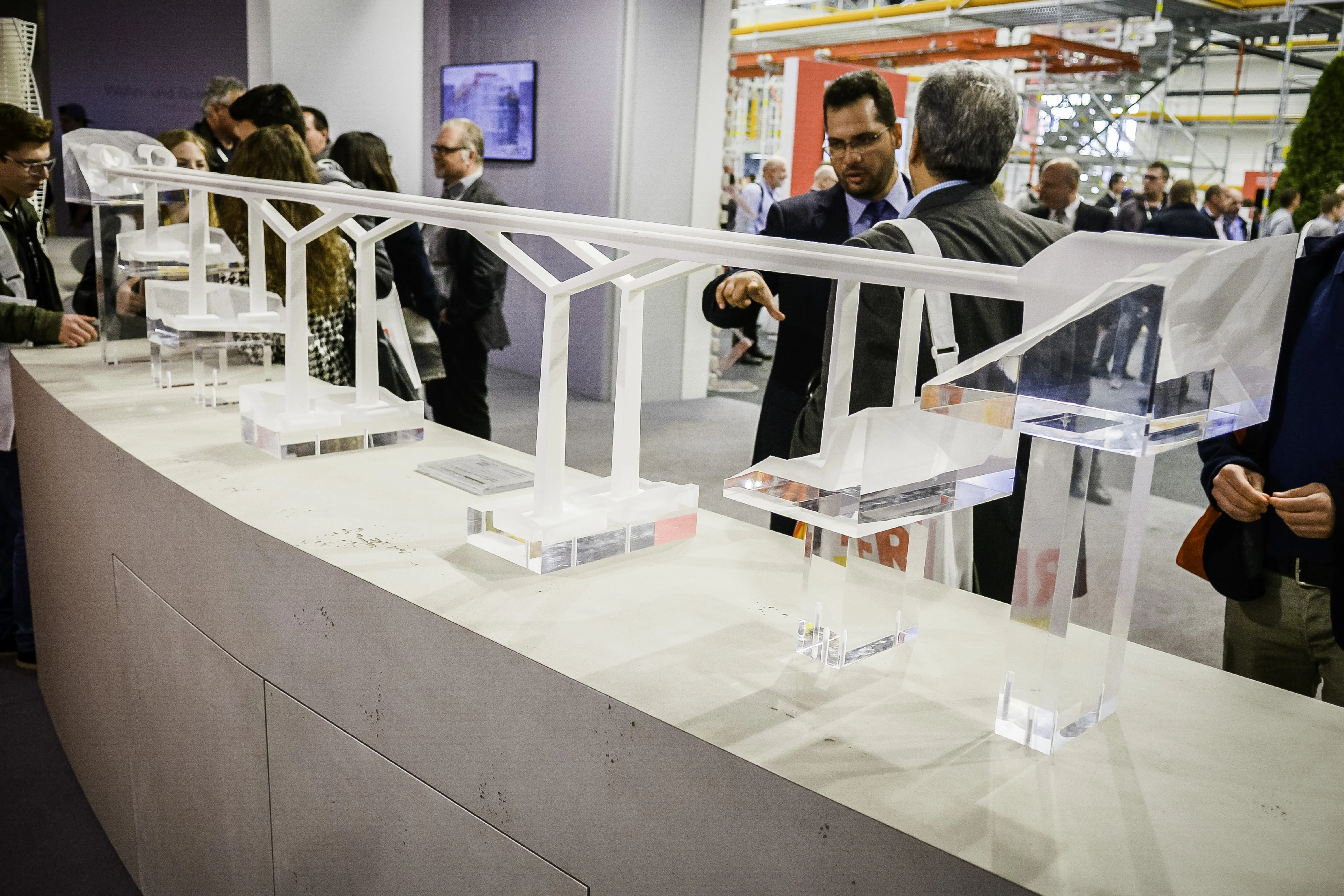Digital design and construction must become standard for construction projects in Germany, said Alexander Dobrindt, the country's federal minister of transport and digital infrastructure. He was speaking during a panel discussion on building information modelling (BIM) and the construction site at bauma 2016.
Germany has a strong reputation for innovation and know-how, but there is no guarantee that today's market leaders will still be ahead tomorrow, said Dobrindt. The country needs a new construction culture – one that is based on digitisation and interconnectedness between all stakeholders. This includes small- and medium-sized enterprises and not just the major players, he added.
The German government has been attempting to lead the way: in April 2013, the former federal ministry of transport, building and urban development launched a construction of major projects reform commission. This body came up with a three-phase action plan for projects. Phase one - up to 2017 - covers preparatory steps, including the setting of standards and resolution of legal issues. Phase two will see the launch of BIM-based pilot projects with investment of over 10 million euros. Phase three will mandate that all German public transport projects use BIM.
Germany is two to three years behind The Netherlands and the UK in aspects of implementing BIM, said Joaquin Diaz from the University of Applied Sciences at Griesen. By reducing mistakes in the planning stage of projects, BIM can have a significant impact on costs, he concluded.
BIM must become standard for construction in Germany says minister
Digital design and construction must become standard for construction projects in Germany, said Alexander Dobrindt, the country's federal minister of transport and digital infrastructure. He was speaking during a panel discussion on building information modelling (BIM) and the construction site at bauma 2016. Germany has a strong reputation for innovation and know-how, but there is no guarantee that today's market leaders will still be ahead tomorrow, said Dobrindt. The country needs a new construction cult
April 12, 2016
Read time: 2 mins







